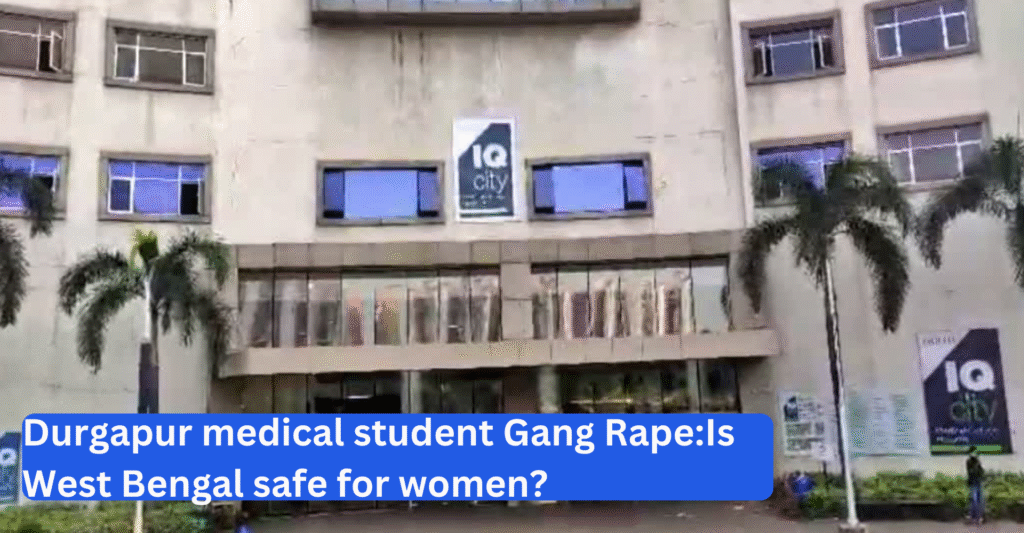
Quick Read
- The Gujarat Anti‑Terrorism Squad (ATS) has arrested a Hyderabad-based doctor, along with two associates from Uttar Pradesh, for allegedly planning terror strikes in multiple Indian cities using the deadly toxin Ricin.
- Weapons and materials seized include two Glock pistols, one Beretta, 30 live cartridges and about four litres of castor oil — a precursor for ricin.
- The accused doctor reportedly obtained arms via drones from across the Pakistan border, under the direction of an Afghanistan-based handler linked to Islamic State Khorasan Province (ISKP).
What’s the Plot?
Authorities say the 35-year-old doctor, identified as Ahmed Mohiyuddin Saiyed from Hyderabad, held an MBBS from China and had radical links.
He allegedly:
- procured weapons and ammunition;
- initiated chemical processing of ricin using castor oil.
- Conducted reconnaissance in Delhi, Lucknow and Ahmedabad.
- operated under an Afghanistan-based handler, “Abu Khadija” associated with ISKP and had contacts in Pakistan.
Where & When?
- Arrests took place in Gujarat: Saiyed was intercepted near Adalaj Toll Plaza on the Ahmedabad-Mehsana road on 7 November.
- Two accomplices from UP (Azad Suleman Sheikh and Mohammad Suhail Saleem Khan) were held in Banaskantha following the doctor’s arrest.
How Did They Plan the Attack?
- Arms were smuggled in via drones across the Pakistan border, collected from designated drop spots.
- Castor oil (4 litres) recovered indicates the accused had started steps towards chemical weapon manufacture, ricin extraction.
- The group had mapped sensitive locations and planned terror activity under ISKP direction.
Why This Matters
- Use of a chemical toxin like ricin marks a sharp escalation in tactics—beyond bombs and guns.
- Drone-based arms smuggling from across the border shows evolving terror logistics.
- A medically qualified person using his knowledge for terror raises serious national security concerns, especially with international militant links.
- This bust may prompt stronger oversight of medical professionals, chemical supply chains and cross-border drone activities.
What Happens Next?
- Saiyed and his accomplices are booked under the Unlawful Activities (Prevention) Act (UAPA), Arms Act and Indian Penal Code sections; Saiyed was remanded till 17 November.
- Investigations are expanding into their Pakistani/Afghan handlers, additional network members and further planned targets.
States and central agencies will examine how drone arms drops are being coordinated and how chemical weapon precursors are being infiltrated.
Stay connected with Unwires.com for more such news, geopolitics, Bollywood stories, guides, and inspiration. After all, every great journey begins with a spark — and Unwires is that spark. ⚡


